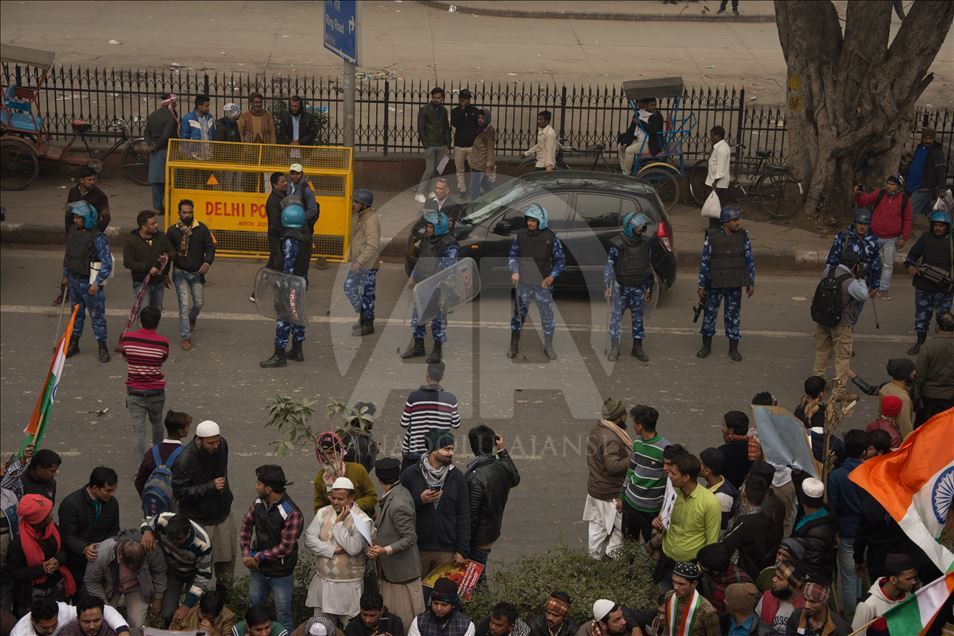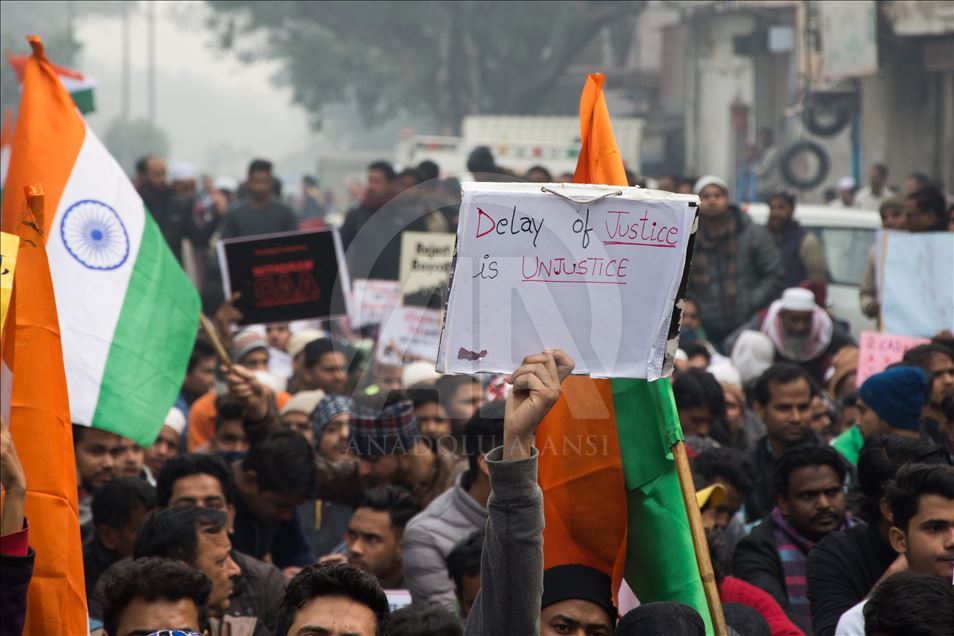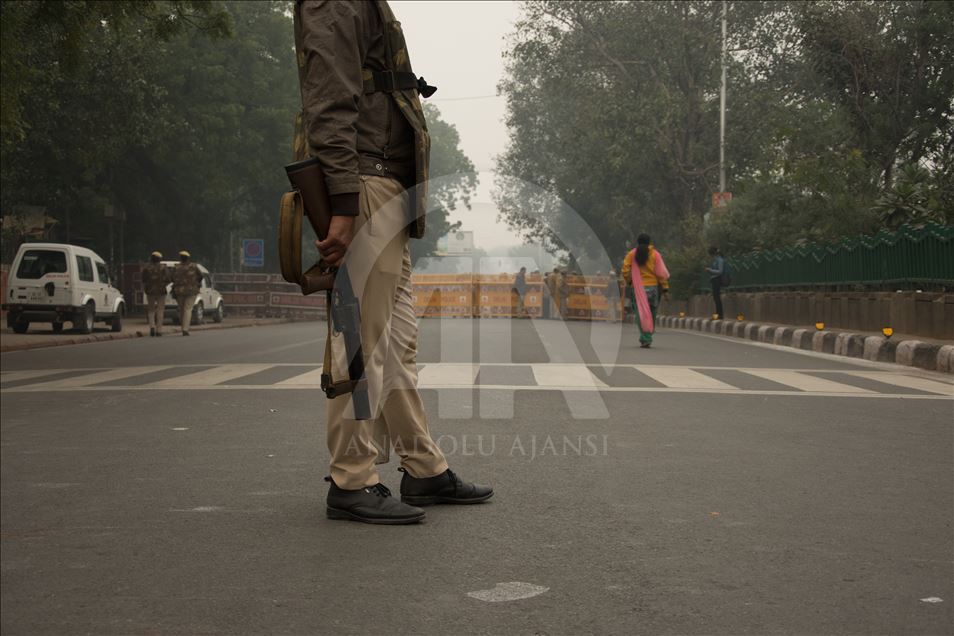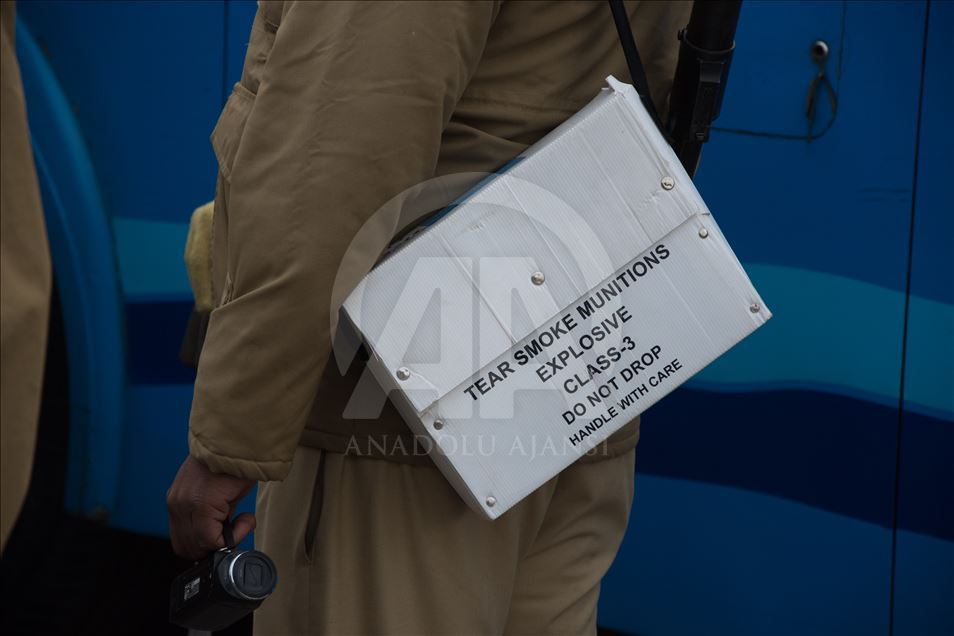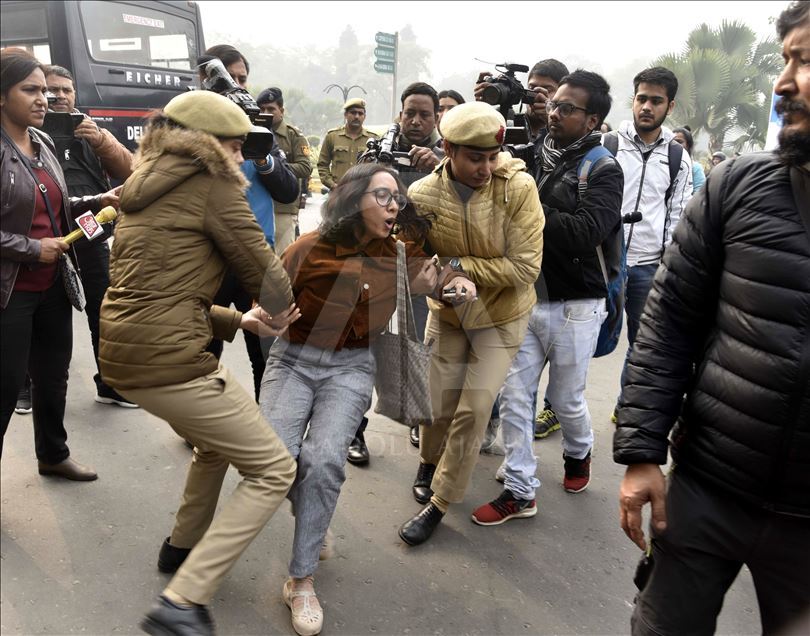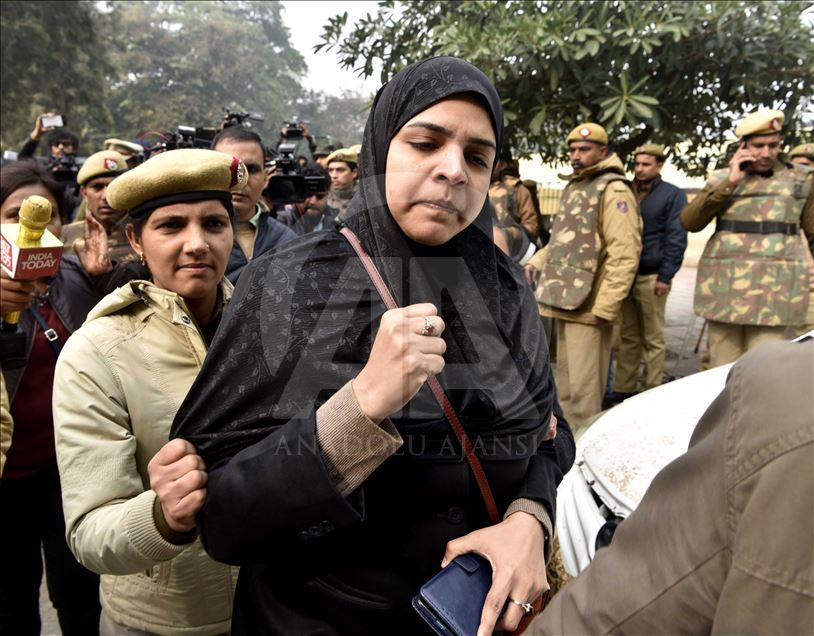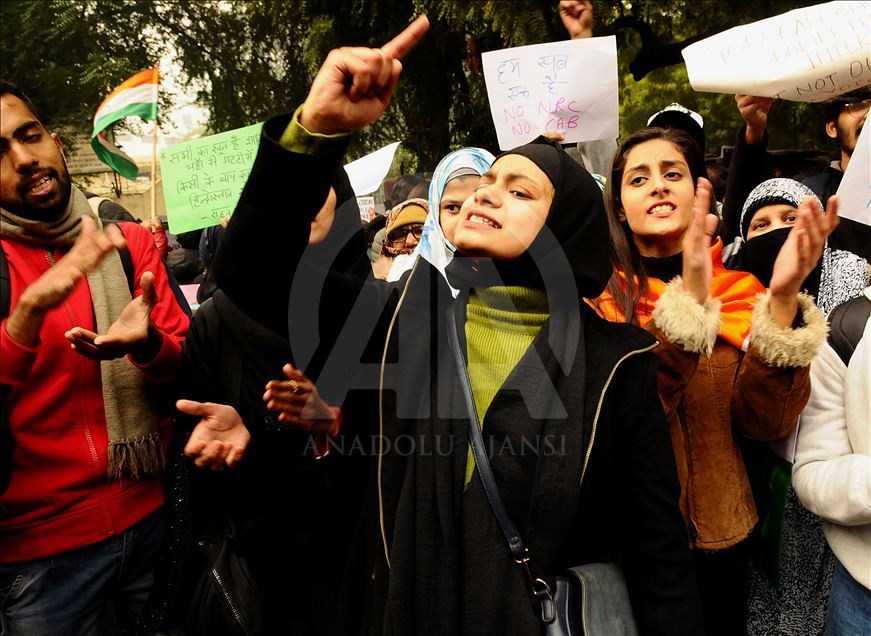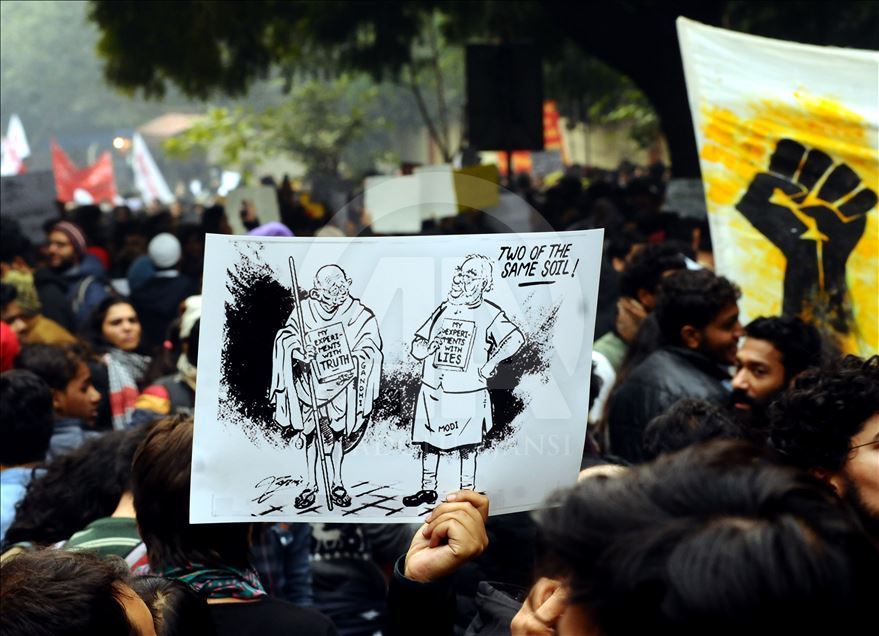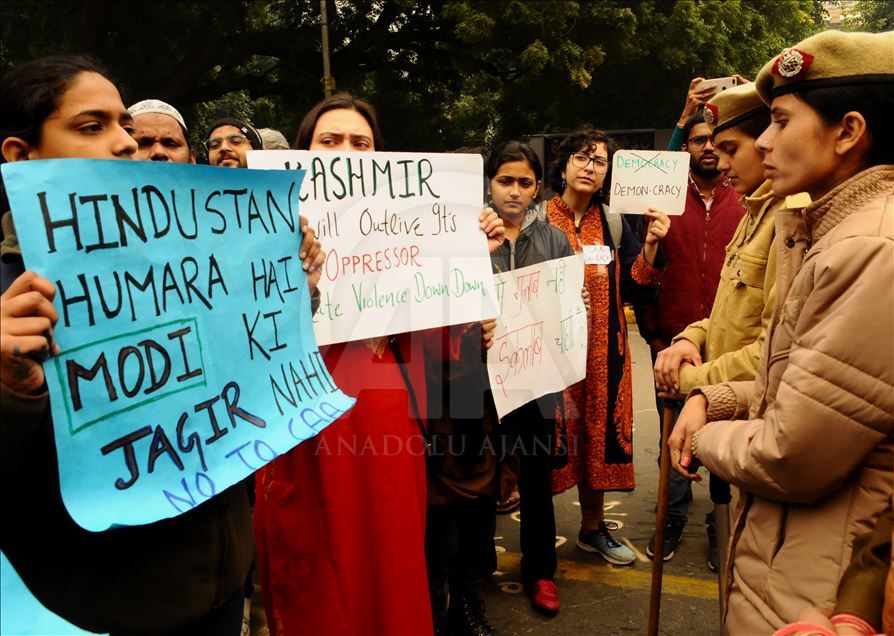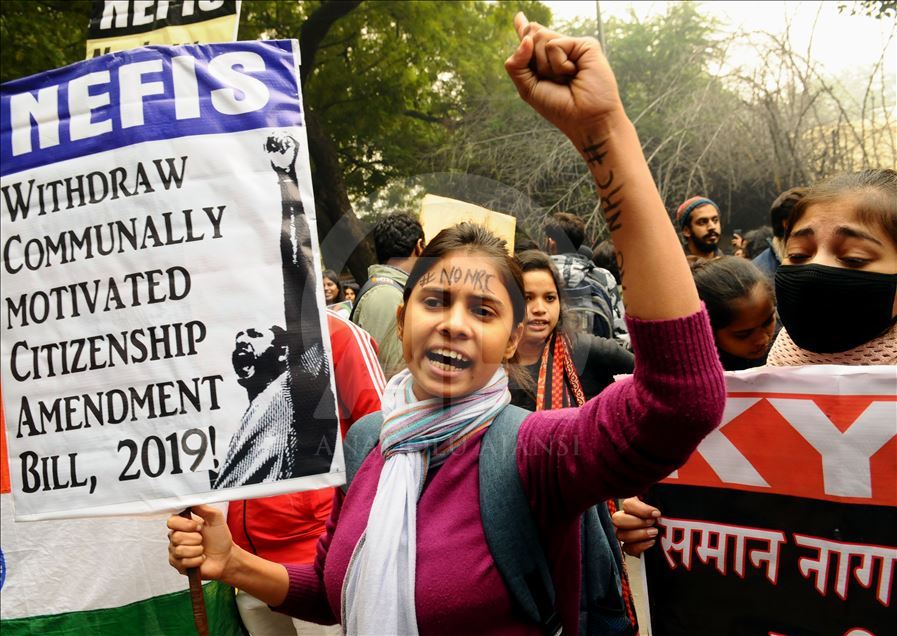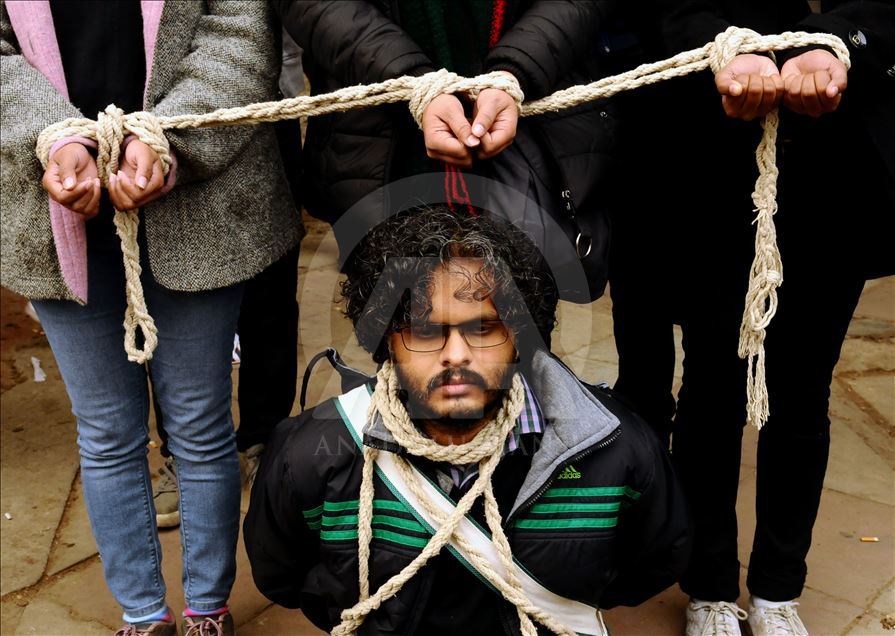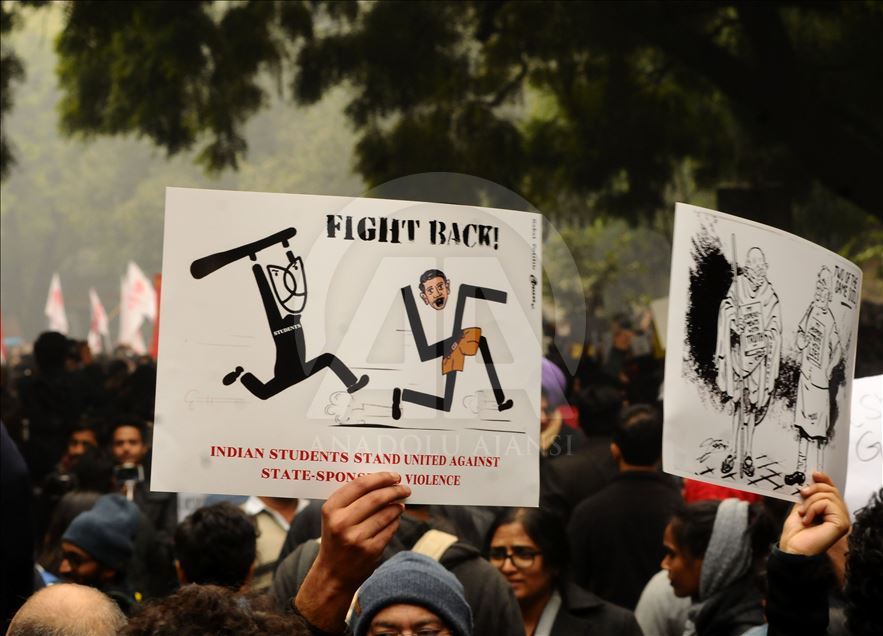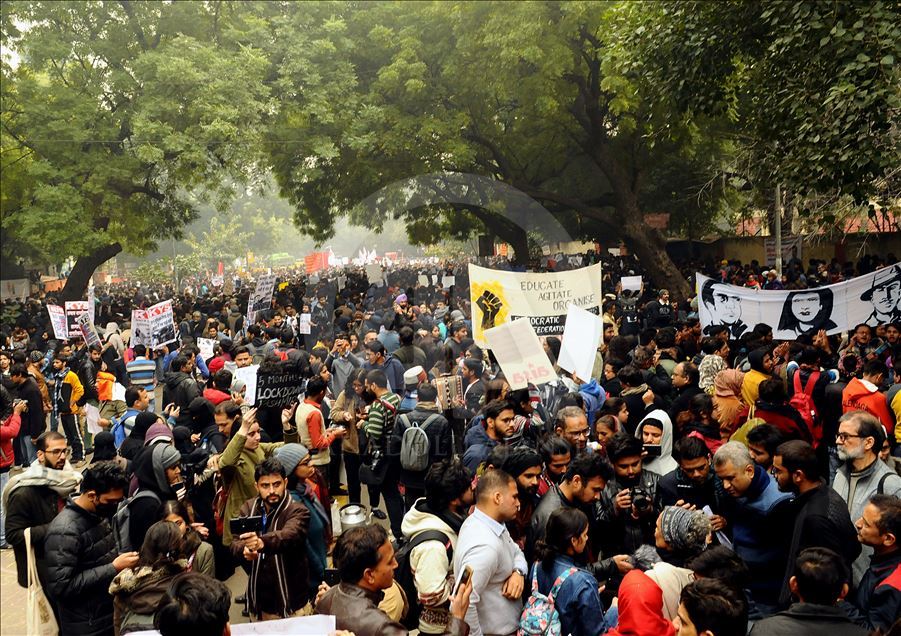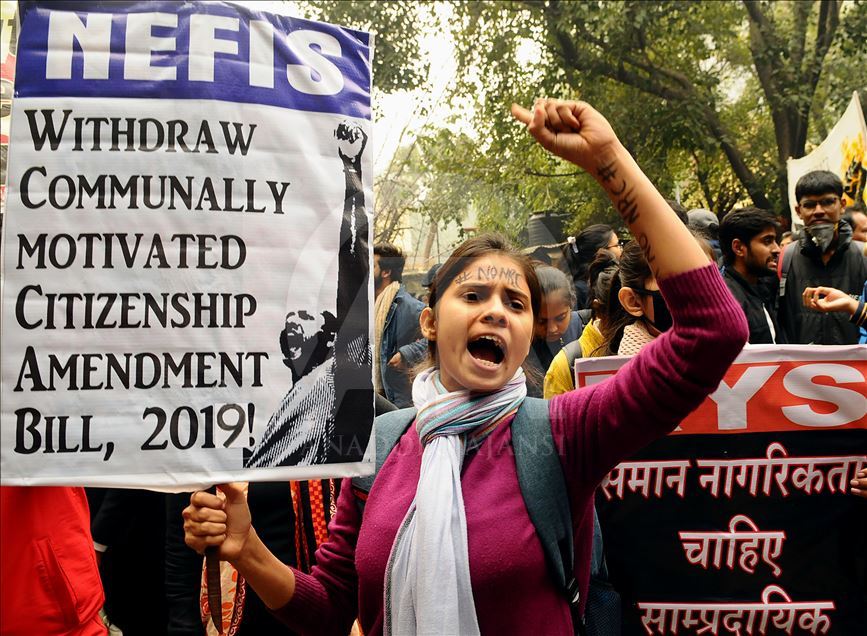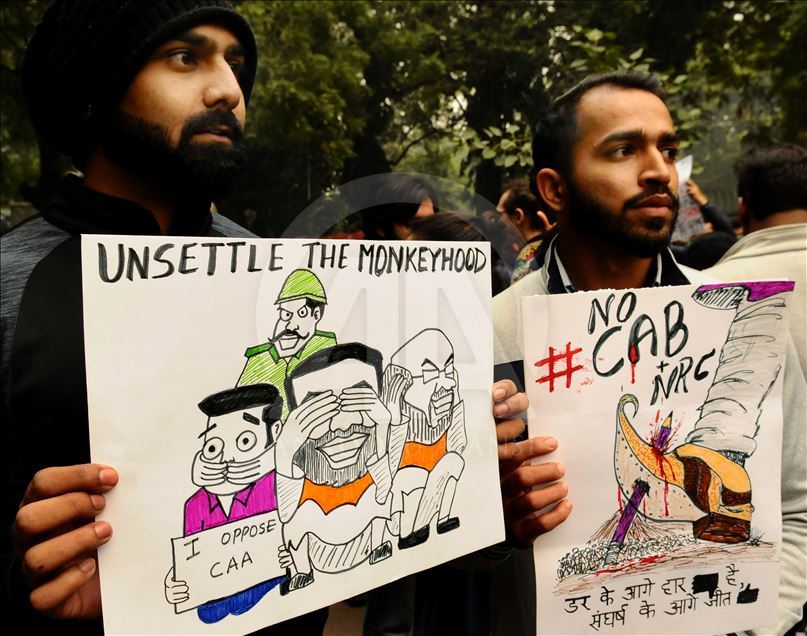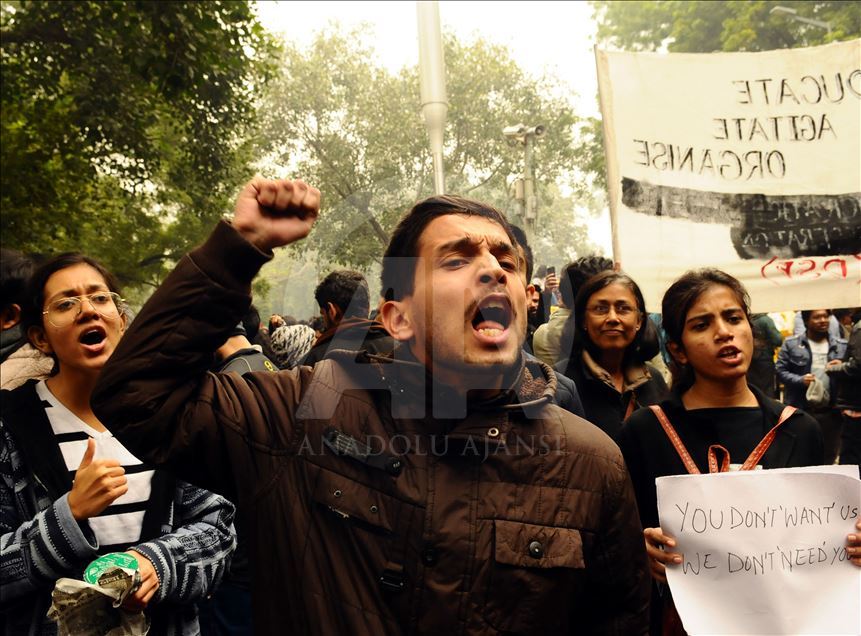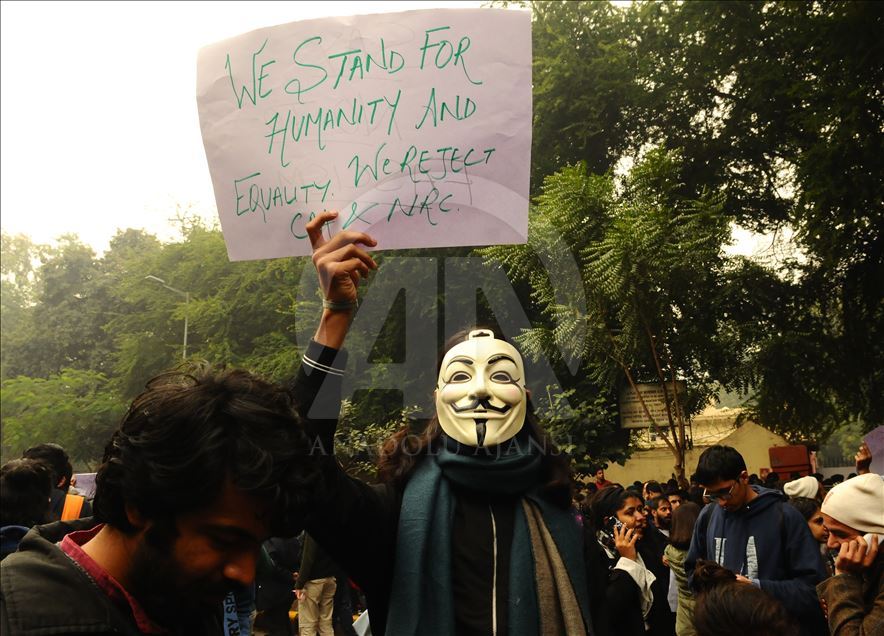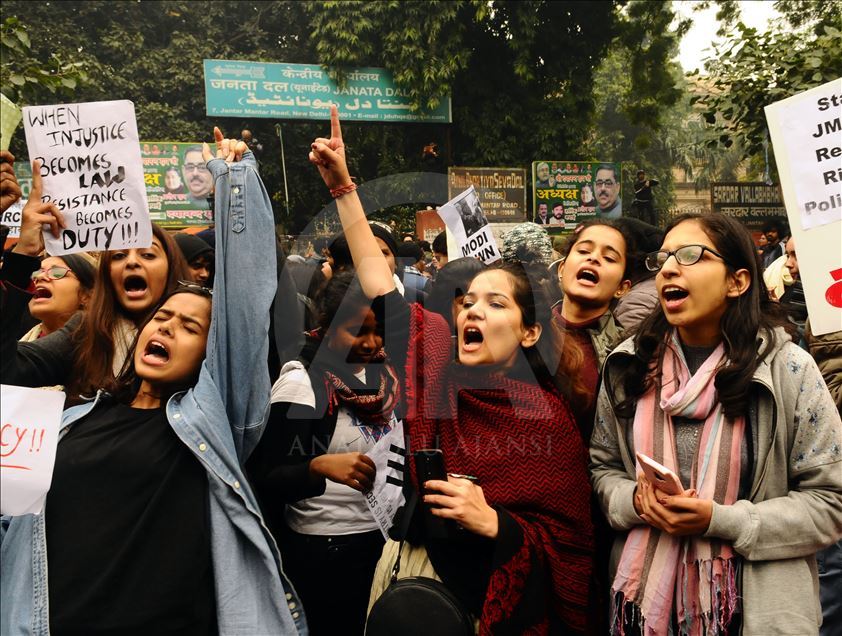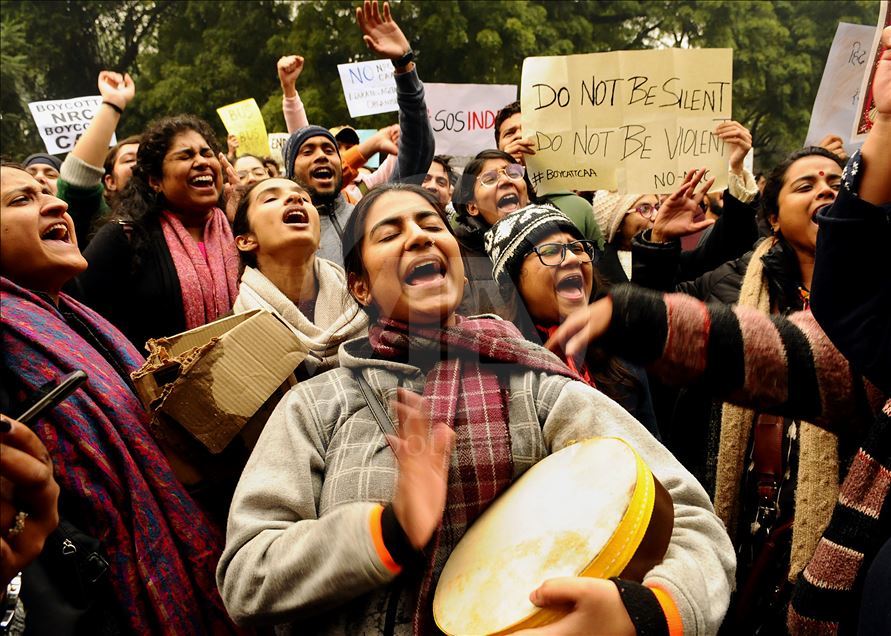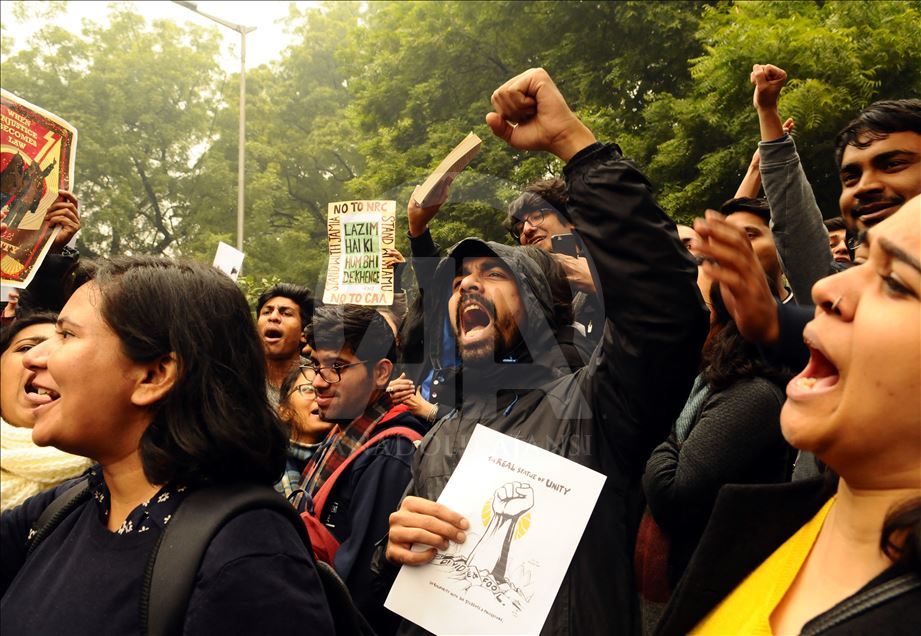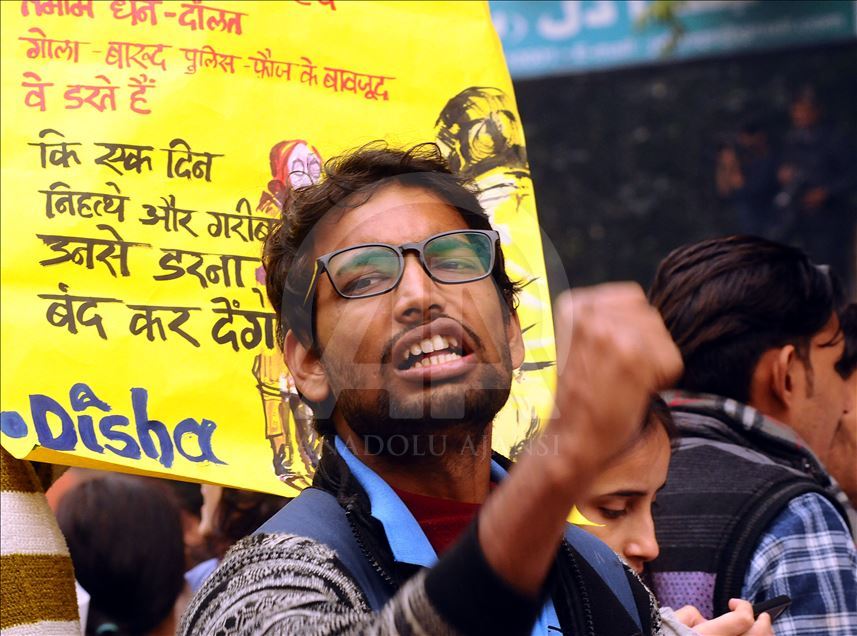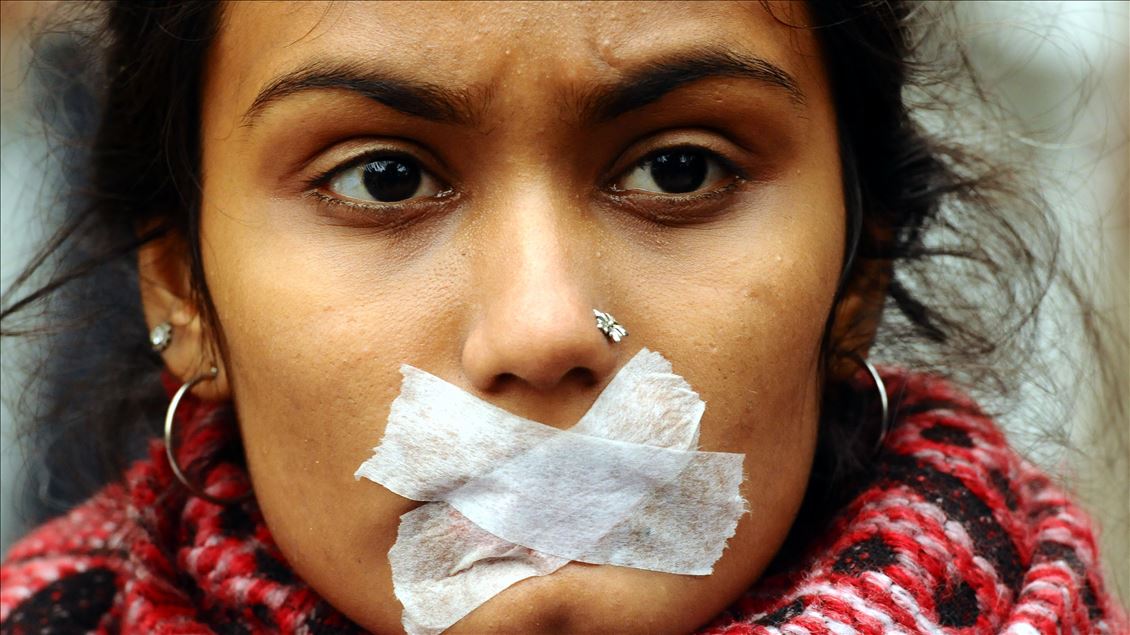India: Curfew, internet shutdown to control protests
3 killed, many injured, as protests widen against new citizenship law, seen discriminatory against Muslims
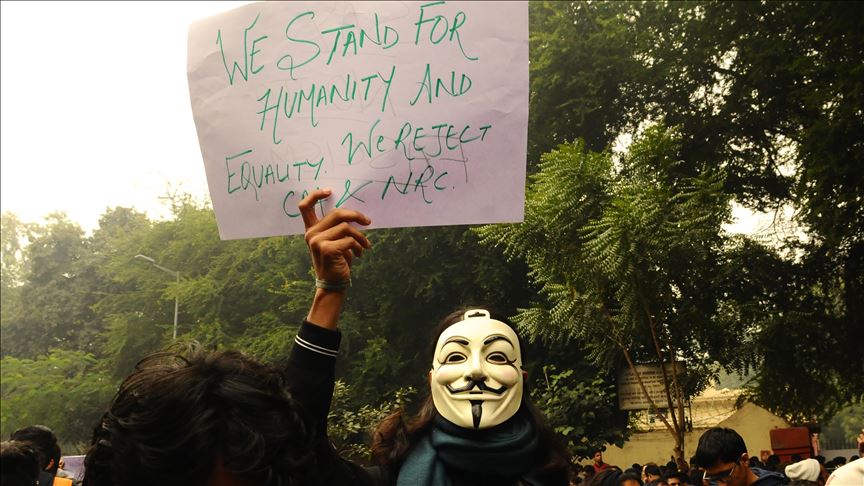 file photo
file photo
CHANDIGARH, India
Indian government has imposed internet shutdown and restrictions at various places, after three persons died and many injured in protests against a new citizenship law.
Curfew has been imposed in the southern city of Mangaluru in Karnataka state, where two protesters were killed after police opened fire, Indian TV channels reported on Friday.
One more person died from injuries in Lucknow, the capital of northern Uttar Pradesh state, according to media outlets, quoting doctors at the King George Medical University in the city.
"Curfew has been clamped in the jurisdiction of Mangaluru Police Commissionerate covering the city, till Dec. 22 midnight. Mobile internet data services have been suspended in Dakshina [southern] Kannada till Saturday night," said leading Indian English language newspaper, The Hindu on Friday.
The internet shutdown has been widened to several other towns in Uttar Pradesh. Apart from Lucknow, the cities facing internet shutdowns are Ghaziabad near Delhi, Pilibhit, Sambhal, Bareilly and Meerut. In Lucknow, the internet will remain suspended till Saturday noon, according to a government order.
The services were partially restored in northeastern state of Assam on Friday, which witnessed large-scale violence last week. Police chief G P Singh, however, warned people to remain extra cautious, while posting on social media platforms.
The widespread protests rocked India on Thursday, against the controversial new citizenship law, which is seen as discriminatory against Muslims.
Protesters in various states defied bans on public assembly, prompting authorities to detain hundreds of activists, including prominent historian Ramachandra Guha, politicians, and top civil society activists.
The Citizenship Amendment Act (CAA) passed last week grants citizenship to Hindus, Sikhs, Jains, Parsis, Buddhists, and Christians from Pakistan, Afghanistan, and Bangladesh but blocks naturalization for Muslims.
Muslim leaders believe the new law would be linked to the National Register of Citizens (NRC), an exercise where every citizen would be asked to prove Indian citizenship.
Non-Muslims would be covered under the new law and would be citizens automatically, but the country’s 180 million Muslim population would be made to prove citizenship.
Anadolu Agency website contains only a portion of the news stories offered to subscribers in the AA News Broadcasting System (HAS), and in summarized form. Please contact us for subscription options.
